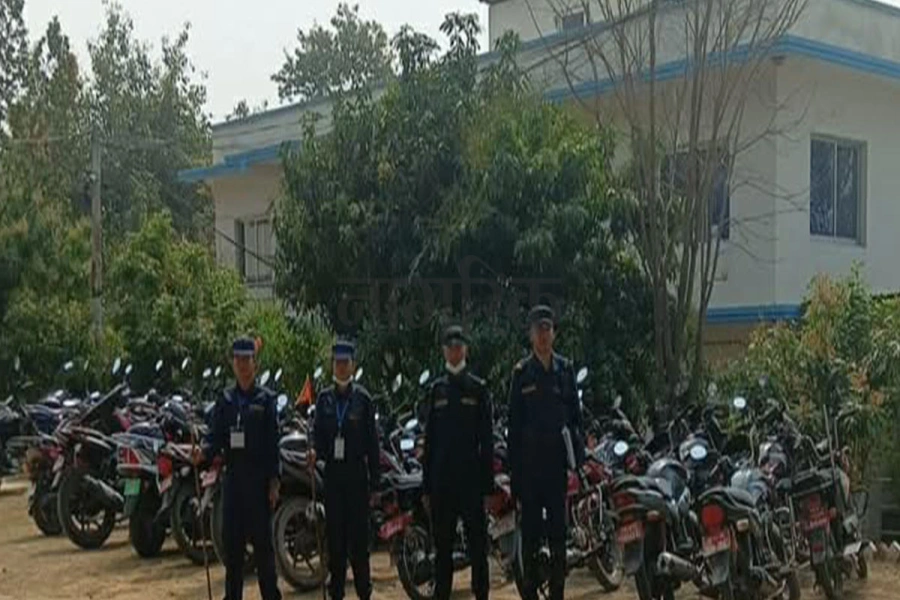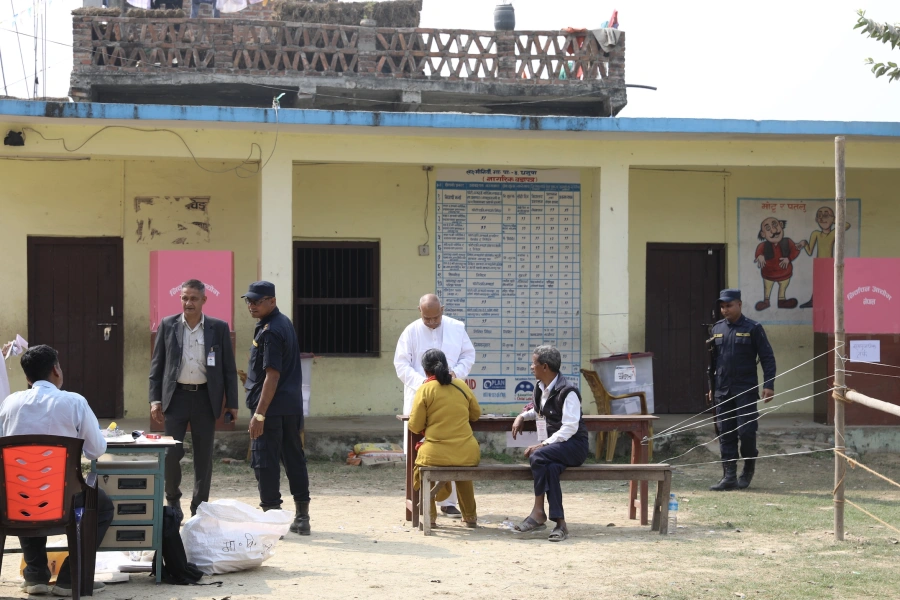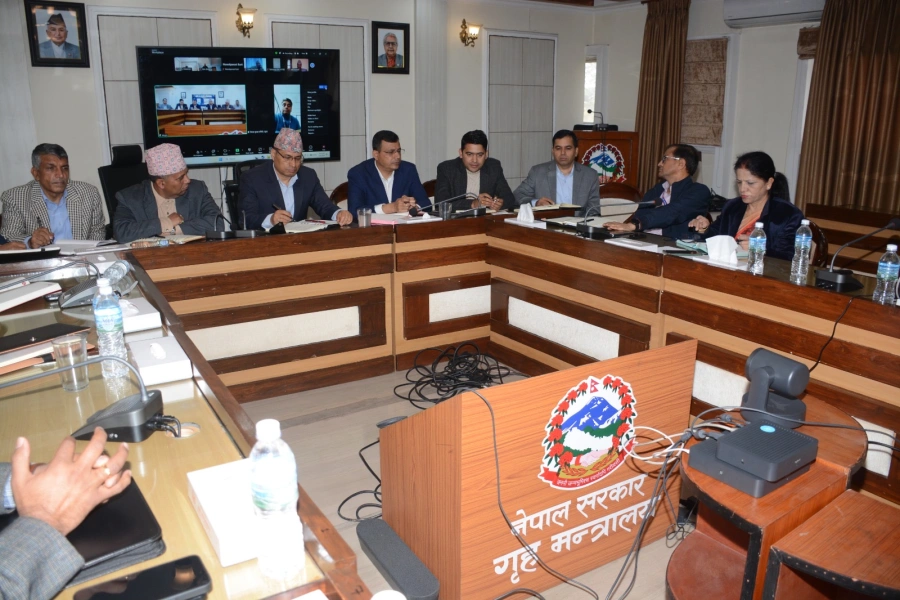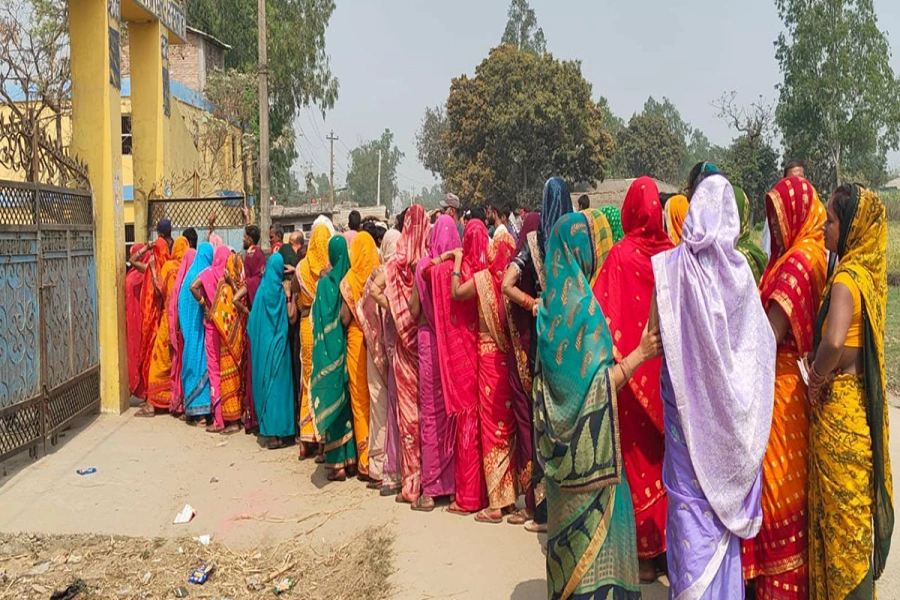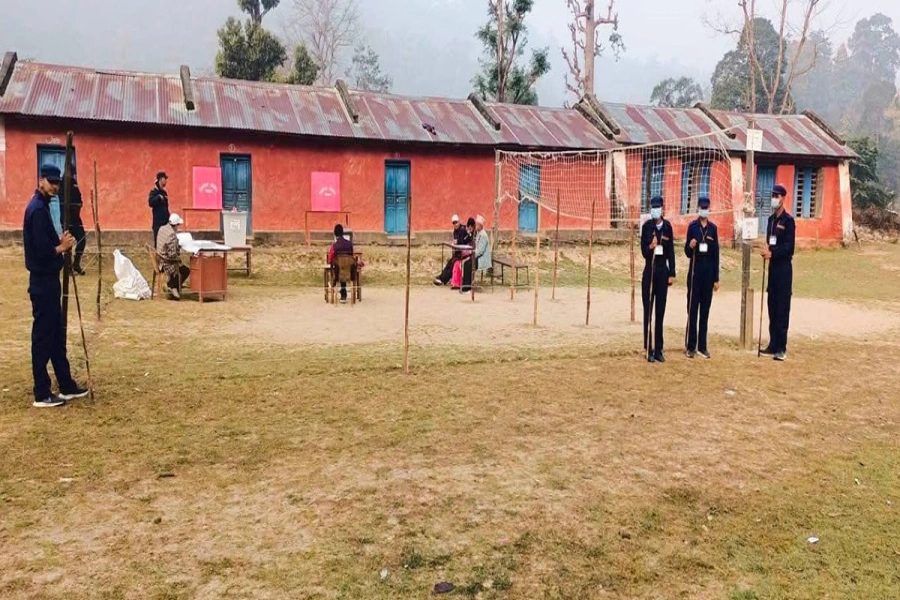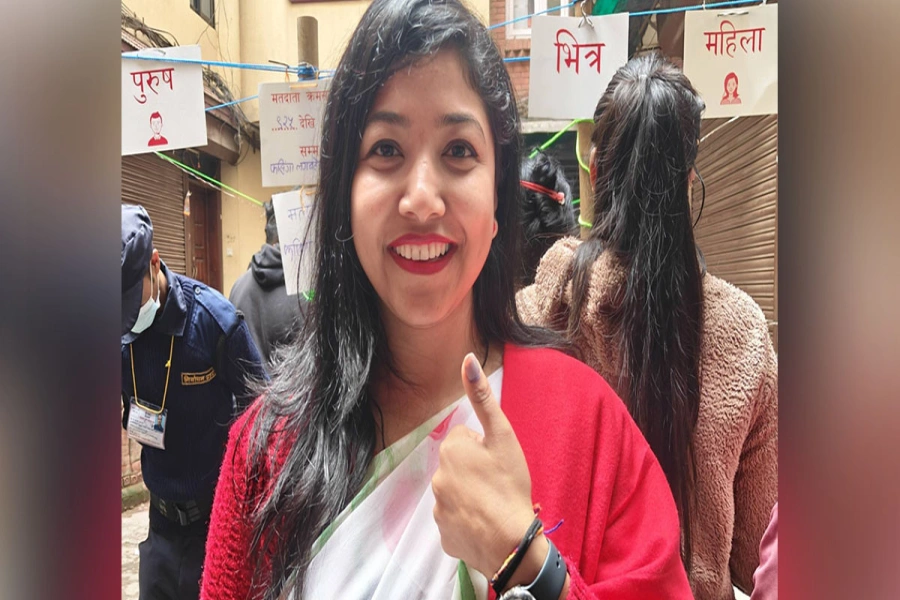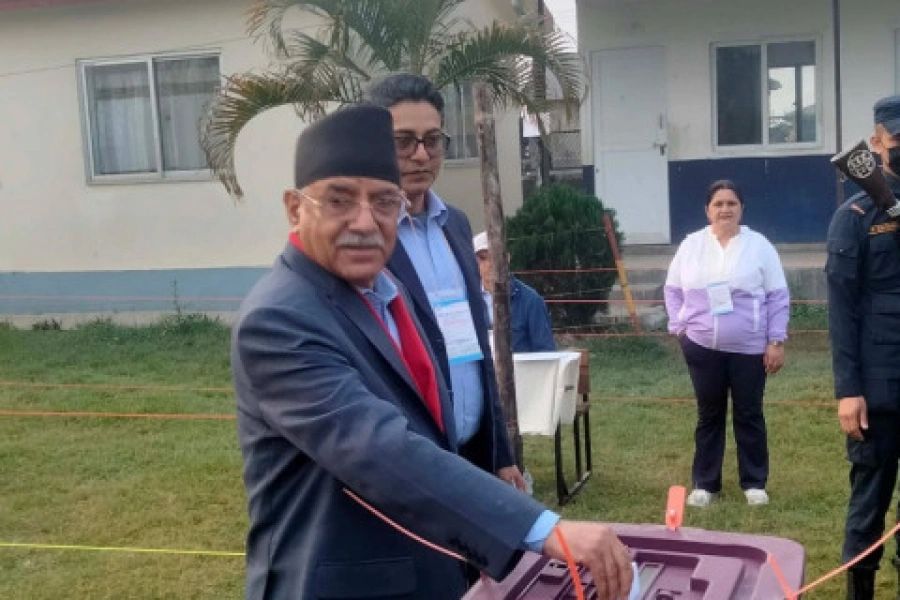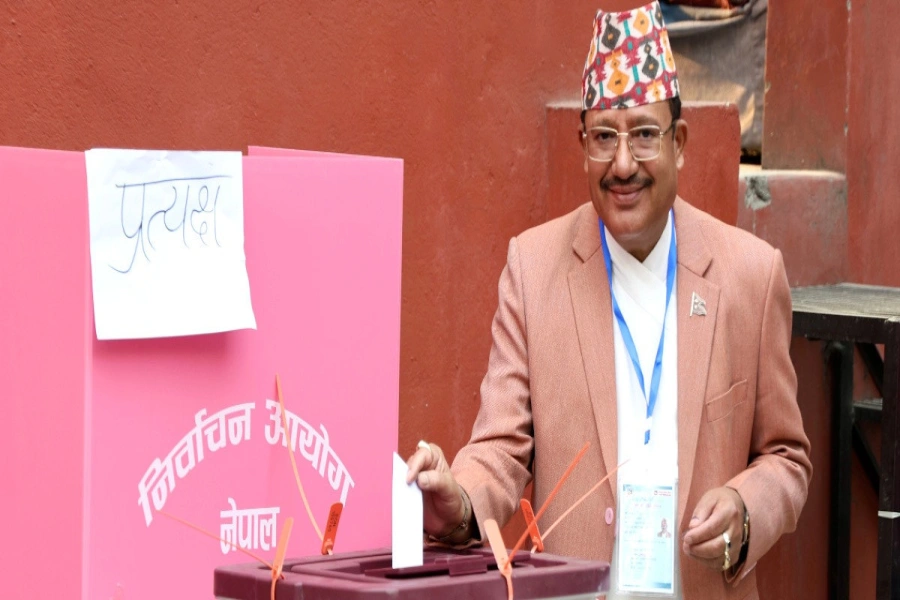A movie based on a controversial and best-selling novel that chronicled the everyday sexism faced by women topped South Korea’s box office this week, reigniting a national debate over women’s roles in an historically male-dominated society.
“Kim Ji-young, Born 1982” - based on a 2016 book of the same name - opened in South Korea last week and immediately highlighted divisions within the country over sexism, the anti-harassment #MeToo movement, and feminism.
The story follows a married woman in her 30s who feels forced by social circumstances and opinions to give up her work and dreams in order to raise her young child.
The movie has been No. 1 at the South Korean box office since opening a week ago and had sold 9.7 billion won ($8.3 million) in tickets by Sunday, according to the latest data from the Korean Film Council.
#Sexploration Episode 3 Discussion on Gender Markers
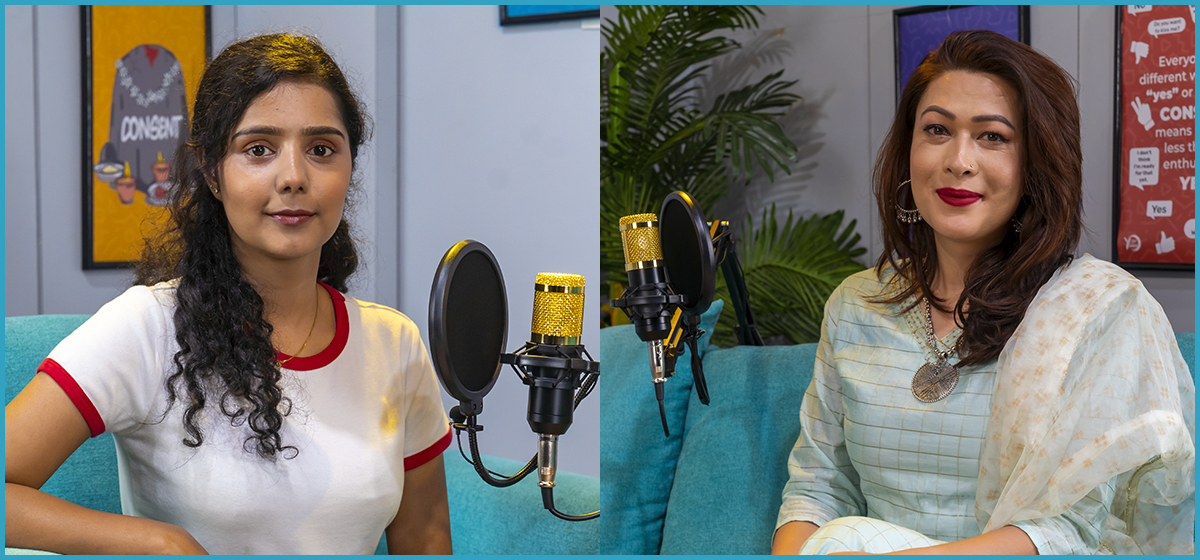
A number of women in the audience were audibly crying at a screening in a small central Seoul theater on Tuesday.
Seo Mi-jeong, a 23-year-old woman who was among those in tears during the screening, said the movie seemed less zealously “feminist” than simply a realistic portrayal of the challenges women face.
“Although there were some parts that seemed exaggerated for storytelling, it touched on realities in South Korean society that keep women of different generations from the life they wanted to lead,” she said.
The movie has highlighted stark gender divides, including the growing number of young South Korean men who think feminism and the #MeToo movement have outlived their usefulness.
“I couldn’t empathize with the premise that a woman born in 1982 was discriminated against when she was growing up,” said Kim Won-koo, a 29-year-old man who saw it on opening day. “Many of the situations seem unrealistic or very, very rare.”
Women rated the film an average of 9.5 out of 10 stars on Naver, South Korea’s top web search portal, while men gave it an average of 2.5 stars.
Part of its box office success appears to come from South Korean women buying tickets in support of a cause without actually going to the cinema, many social media posts indicate, a practice known in South Korea as “sending one’s soul”.
In a survey of 1,000 single South Koreans aged between 19 and 44 by pollster Realmeter in September, 81.2% of respondents said gender conflict was a serious issue in South Korea.
South Korea has seen both feminist and men’s “reverse-discrimination” debates grow in recent years as the #MeToo movement ensnared a number of high-profile political, entertainment, religious and sports figures accused of harassment or abuse.



